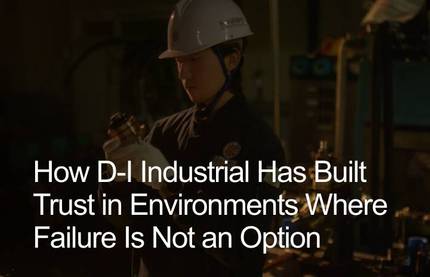Amid Melting Arctic Ice, Kerry sees Looming Climate Catastrophe
Standing near Greenland's Jakobshavn glacier, the reputed source of the iceberg that sank the Titanic over a century ago, U.S Secretary of State John Kerry saw evidence of another looming catastrophe.
Giant icebergs broken off from the glacier seemed to groan as they drifted behind him, signaling eventual rising oceans that scientists warn will submerge islands and populated coastal region.
Briefed by researchers aboard a Royal Danish Navy patrol ship, Kerry appeared stunned by how fast the ice sheets are melting. He was struck by the more dire warnings he was hearing about the same process underway in Antarctica.
"This has been a significant eye-opener for me and I have spent 25 years or engaged in this issue," Kerry said on the deck of the HDMS Thetis with Denmark's Foreign Minister Kristian Jensen during the two-day visit that ended late on Friday.
Kerry made his first visit to this part of the Arctic to witness the effects of climate changes and press the need to implement the Paris climate accord. He has called climate change "the world's most fearsome weapon of mass destruction".
The United States chairs the Arctic Council, a forum created in 1996 to tackle issues arising from increased Arctic activity.
The landmark Paris agreement included commitments by most nations to reduce carbon emissions contributing to climate change but lacked any enforcement mechanism, leaving open who will pay costs that will rise into the trillions of dollars.
"What we did in Paris ... is critical now to be implemented, but it is not enough," he said. "We have to all move faster in order to embrace new energy policies that are sustainable, that are clean, all of which are there for the using if governments and private sector make the right choices."
HUMAN CONTRIBUTION TO CLIMATE CHANGE
By visiting Greenland and Svalbard in Norway's extreme north this week, Kerry focused on some of the most visible impacts of climate change.
"There is no mistaking that we are contributing to climate change, we human beings have choices that can undo the damage," said Kerry. "There is profound change throughout the Arctic."
Jakobshavn is one of the world's biggest glaciers and the most active in the Arctic, where ice sheets are melting at a rate faster than ever before.
David Holland, a New York University scientist studying changes on Jakobshavn, explained that the glacier could retreat by about 62 miles (100 kilometers) over the next 100 years if the thawing of its ice sheet continues at its current pace.
If Greenland's ice sheets all melted, that would raise sea levels by about 6 meters (20 feet) over thousands of years. That is modest compared to what could happen if Antarctica keeps thawing, said Holland.
Two developments in recent days show the magnitude of the challenge. For the first time in 4 million years, levels of carbon dioxide - a heat-trapping gas produced by burning fossil fuels - hit 400 parts per million in Antarctica, according to the National Oceanic and Atmospheric Administration.
The threshold shows the rising levels of climate pollution.
Last week, temperatures in Greenland's capital hit a record 24.8 degrees Celsius (76.6 Fahrenheit) for a single day in June, according to records dating back to 1958. Worldwide, 2016 has set repeated monthly records after a record warm 2015, according to NASA.
"GIGANTIC TRANSFORMATION"
"This is a gigantic transformation that is taking place," said Kerry. "You can see it with the naked eye, you see it where the ice has retreated from just in the last 15 to 20 years."
The Arctic is warming at about twice the global average, partly because the melting of the ice cover has revealed darker ground and water underneath that soak up even more heat.
"Things are changing and we are perhaps the last generation that can do something about it," said Jensen.
This new access to the ground underneath has opened the Arctic to increased political and commercial competition, including exploration for oil and minerals by countries that used to have no access to the region.
Kerry warned that exploiting newly accessible resources would undermine the carbon-reduction strategy of the Paris accord. He also said the public was still not sufficiently conscious of the challenge ahead.
"Even where there is awareness, the steps people are taking are not big enough, fast enough. We have a huge distance to travel," he said at the Blomstrand glacier at Ny-Alesund.
Temperatures in the Svalbard archipelago are now between six to 11 degrees warmer than normal, according to Jan-Gunner Winther, director of the Norwegian Polar Institute, who wonders whether the changes are a tipping point.
"We have more questions than answers," says Winther, "We are in the midst of a change that we have no comparison with in history because it is so much more rapid," he said.
(Reporting by Lesley Wroughton; Editing by Tom Heneghan)














